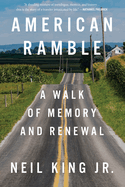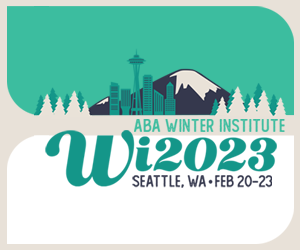 "A grant is a contract between you and a funder to fulfill a project or program," explained Brandon Lueken, director of grant development at Bellevue College in Bellevue, Wash., to a packed room of booksellers during Wi2023 in Seattle. Attendees were there for "An Introduction to Researching and Writing Grants for Nonprofit and For-Profit Bookstores." In what presaged the blend of humor and data that would characterize Lueken's presentation, he warned, "Avoid the money chase (or Catch 22)."
"A grant is a contract between you and a funder to fulfill a project or program," explained Brandon Lueken, director of grant development at Bellevue College in Bellevue, Wash., to a packed room of booksellers during Wi2023 in Seattle. Attendees were there for "An Introduction to Researching and Writing Grants for Nonprofit and For-Profit Bookstores." In what presaged the blend of humor and data that would characterize Lueken's presentation, he warned, "Avoid the money chase (or Catch 22)."
Choose "an idea that's aligned with your resources," Lueken told booksellers, "Put it in writing; state the outcome and how you'll get there." Grantors expect to see tangible, measurable results, such as an increase in childhood literacy or an uptick in civic engagement. Make sure the idea is aligned with your store's mission and strategic plan; the proposed activities should align with the funder's priorities (e.g., literacy projects with literacy funders, academic success with academic funders); and the program should be sustainable, he said.
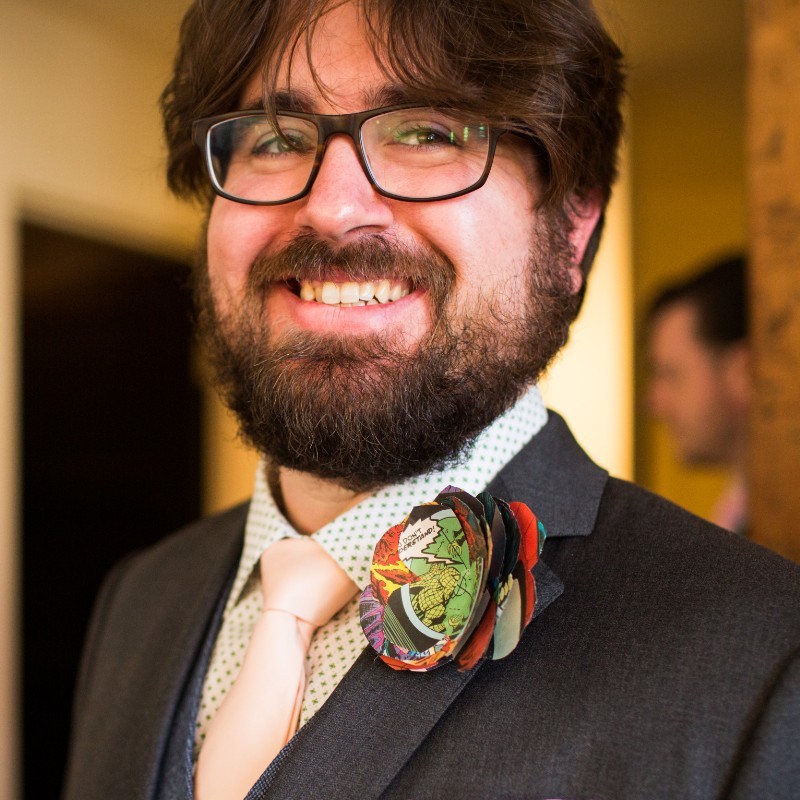 |
| Brandon Lueken |
Lueken urged booksellers to go after grants at the federal, state and local levels. For federal grants, he suggested the Department of Education, the Department of Commerce and the National Education Association. Register at the Grants.gov portal and at SAM.gov (System for Award Management), and also obtain a UEI (Unique Entity Identifier). Federal grant funders will want to see your audited finances, your budget, the budget for the project for which you're seeking funding, and some grantors will want to know who else you're approaching for grant money.
At the state and local level, Lueken recommended state arts funds, city and county arts funds, and private corporate foundations such as the U.S. Bank Foundation, and chambers of commerce, as well as family foundations (these will often only fund 501(c)(3) organizations, he cautioned).
Lueken outlined steps to develop your case for a grant: What is your idea? Why does it matter? How will you evaluate success? Who is the lead? What is the duration of the project? What is its cost? Do you need to talk with anyone else (a community partner, author or illustrator)?
One bookseller asked about what metrics to use when seeking a grant writer. Lueken said you'll want to decide whether a granter is on staff or working freelance. Find out the percentage of grants they've succeeded in getting funded. Request a grant they've written. Some will give informational interviews; ask them if they've submitted grant requests to any of the funders you're considering.
For grant resources, in addition to Grants.gov (the federal hub for grants), Lueken suggested the Foundation Center online (also known as Candid). Public libraries often have access to this resource; otherwise it can be expensive. He said Grant Station (roughly $219 per quarter or $690 per year) will give you a reasonable picture of what's available. Information on city and county grants is available on those sites. Google is also good for finding grants, he added. The range of the kinds of projects grants will fund is expansive, from the expected (literacy projects) to a grant from your local chamber of commerce if your bookstore is in a historic building.
To start a grant application: 1) Read the funder's guidelines. 2) Check all style requirements: Is there a maximum word count? Page count? Font size requirement? 3) Do you need to provide any attachments, such as letters of commitment from a school you're partnering with, or an author or illustrator? Do you need to provide a résumé? 4) What is your budget, and how will you spend the funds if you get them?
Once a grant is secured: 1) Notify all stakeholders--school, author and artist partners, for example. 2) Read the award and reread your proposal--do they match up? Are there adjustments you need to make? Lueken said sometimes months or even a year can go by from the time of your grant request to when it's funded; make sure you know what you've promised to produce to the grantor. 3) Get set to fulfill commitments and meet goals; keep the funder informed. For private funders, let them know what is happening. For public funders, it's important to track who was late, and if money had to be returned: "The Feds check that," Leuken counseled.
Potential ideas that Leuken listed: literacy programs, either in the bookstore itself or in partnership with another nonprofit; civic engagement, such as pro-democracy efforts with adults; bookstores as event spaces, to host artists' work; collaborations with local artists to design window displays, Banned Books Week displays, etc. Ideas abound! --Jennifer M. Brown
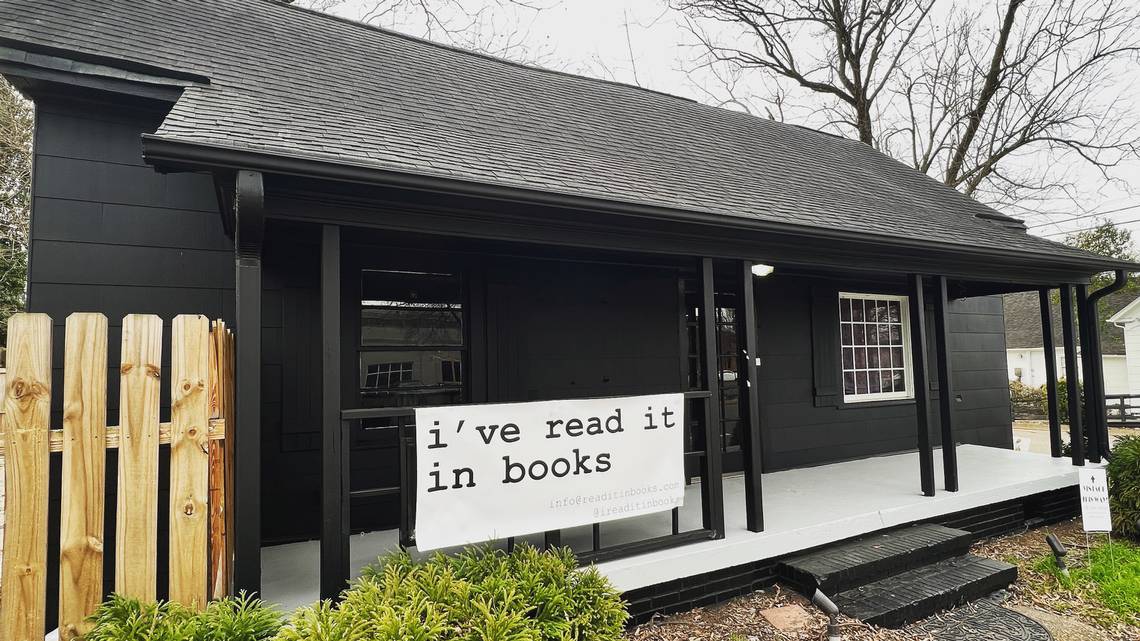 I've Read It in Books will reopen this month in a new space in Charlotte, N.C., after temporarily closing last summer, Secret Charlotte reported.
I've Read It in Books will reopen this month in a new space in Charlotte, N.C., after temporarily closing last summer, Secret Charlotte reported.




IPC.0204.S3.INDIEPRESSMONTHCONTEST.gif)




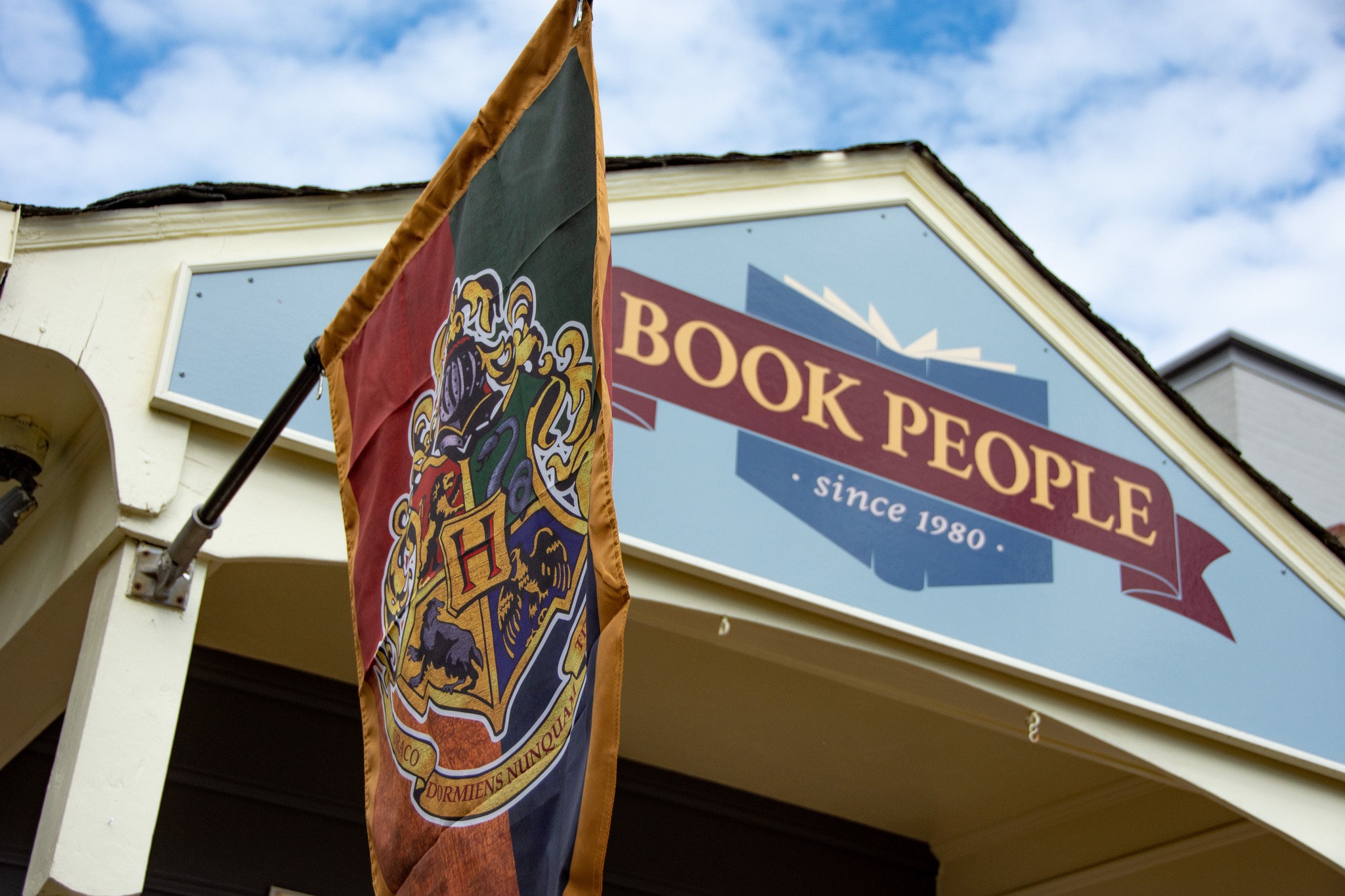

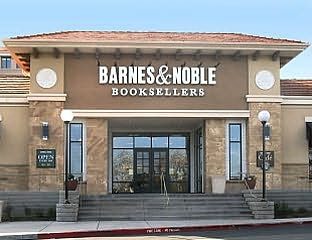 The Barnes and Noble store at 313 Corte Madera Town Center in Corte Madera, Calif.,
The Barnes and Noble store at 313 Corte Madera Town Center in Corte Madera, Calif., 
 "A grant is a contract between you and a funder to fulfill a project or program," explained Brandon Lueken, director of grant development at Bellevue College in Bellevue, Wash., to a packed room of booksellers during Wi2023 in Seattle. Attendees were there for "An Introduction to Researching and Writing Grants for Nonprofit and For-Profit Bookstores." In what presaged the blend of humor and data that would characterize Lueken's presentation, he warned, "Avoid the money chase (or Catch 22)."
"A grant is a contract between you and a funder to fulfill a project or program," explained Brandon Lueken, director of grant development at Bellevue College in Bellevue, Wash., to a packed room of booksellers during Wi2023 in Seattle. Attendees were there for "An Introduction to Researching and Writing Grants for Nonprofit and For-Profit Bookstores." In what presaged the blend of humor and data that would characterize Lueken's presentation, he warned, "Avoid the money chase (or Catch 22)."
IPC.0211.T4.INDIEPRESSMONTH.gif)
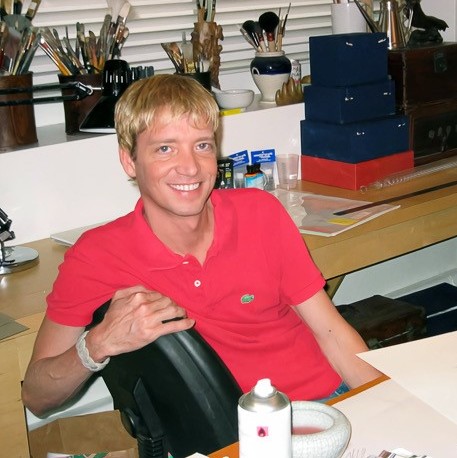
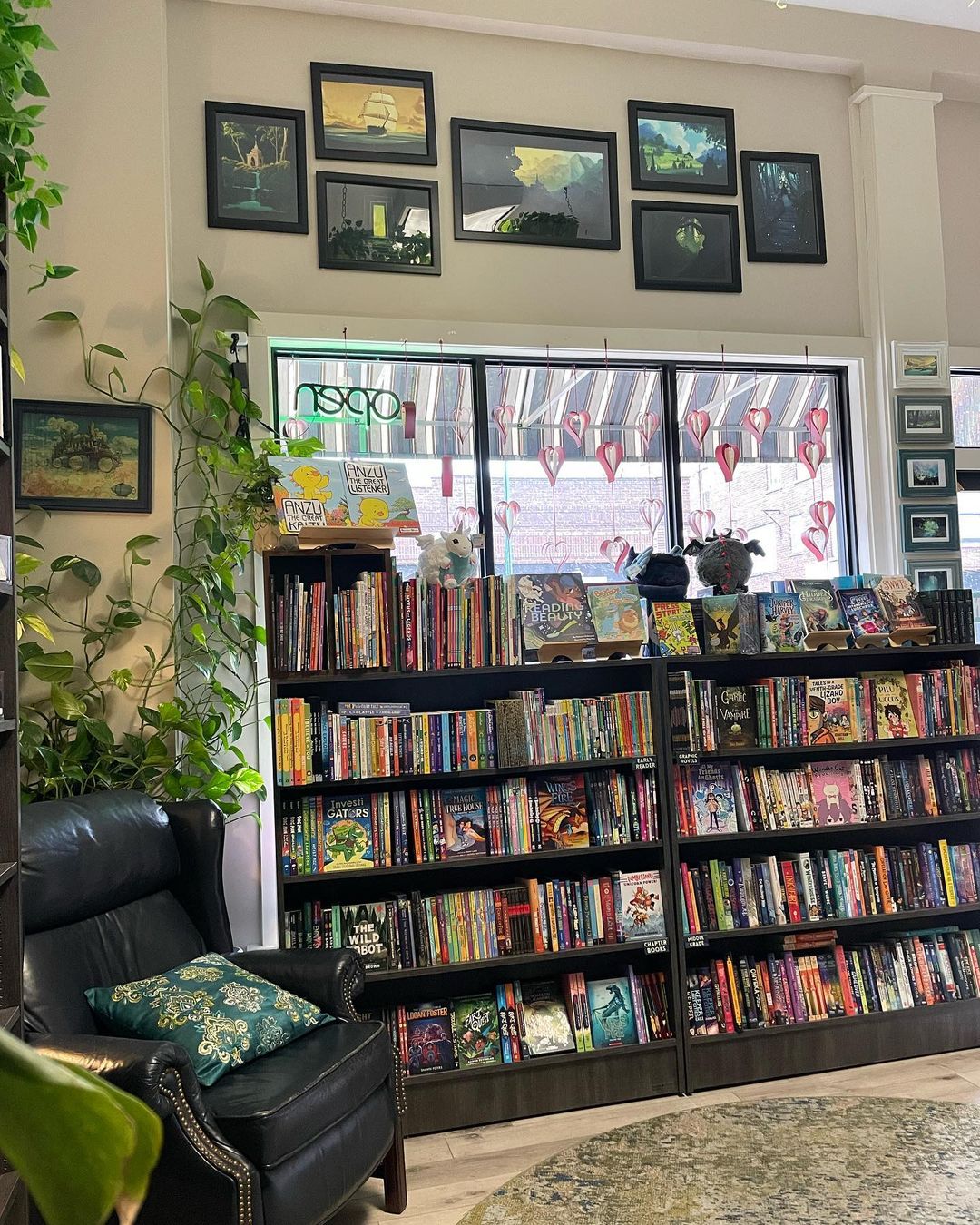 Posted on Instagram by
Posted on Instagram by 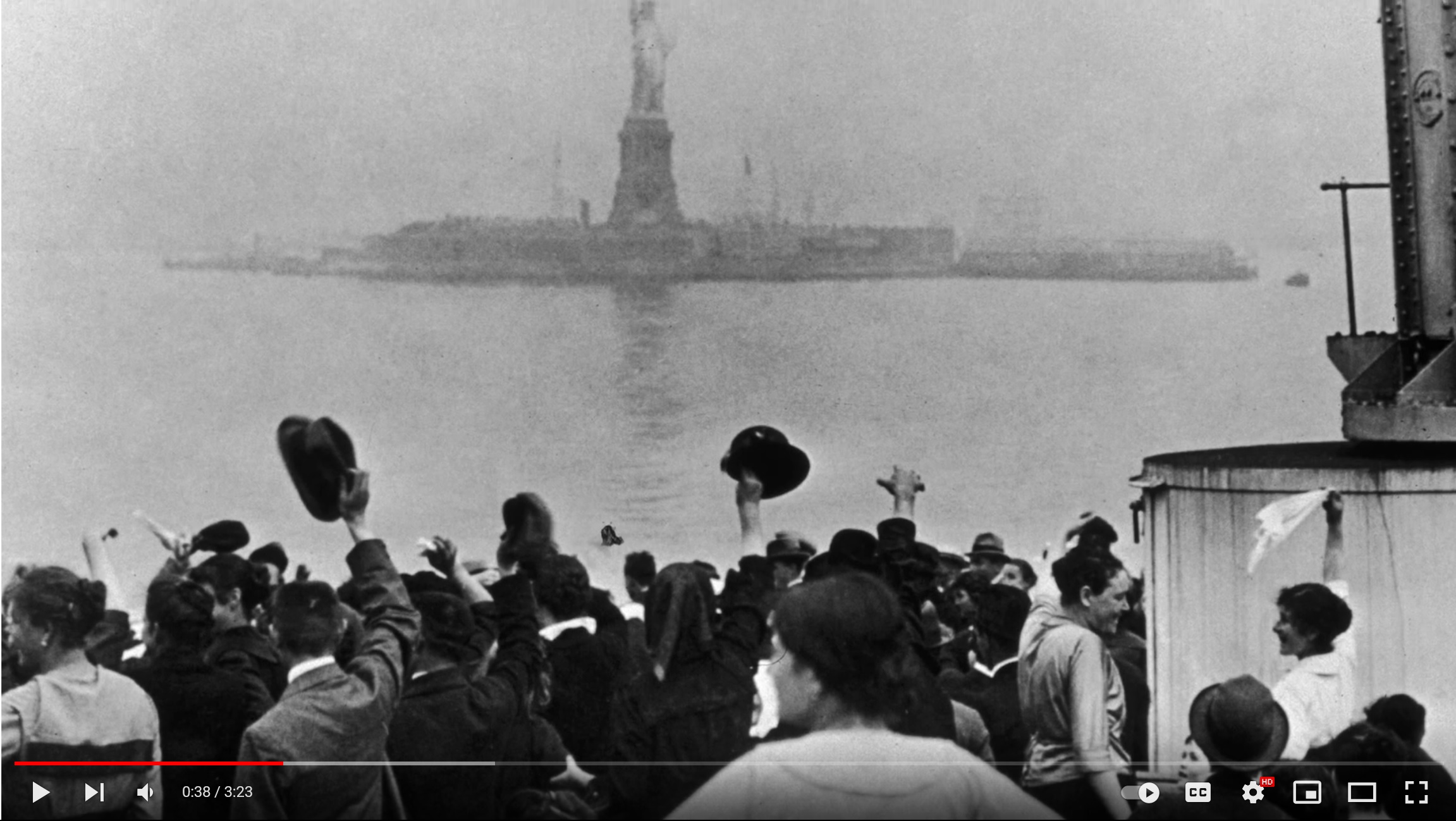 Hotel Cuba
Hotel Cuba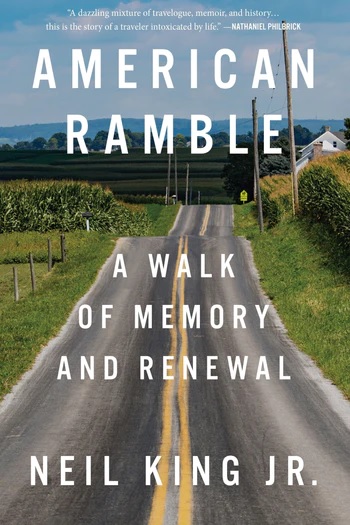 On an early spring morning in 2021, veteran Wall Street Journal reporter and two-time cancer survivor Neil King Jr. walked out the front door of his home in Washington, D.C., bound on foot for New York City, some 330 miles away. American Ramble: A Walk of Memory and Renewal is the wise, warmhearted account of a journey that was pedestrian in its execution, but miles from that in the depth of King's experience and his ability to share it in a clear and affecting way.
On an early spring morning in 2021, veteran Wall Street Journal reporter and two-time cancer survivor Neil King Jr. walked out the front door of his home in Washington, D.C., bound on foot for New York City, some 330 miles away. American Ramble: A Walk of Memory and Renewal is the wise, warmhearted account of a journey that was pedestrian in its execution, but miles from that in the depth of King's experience and his ability to share it in a clear and affecting way.